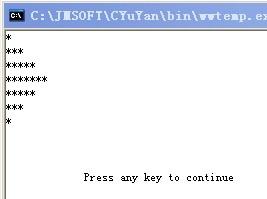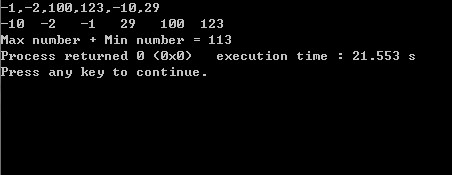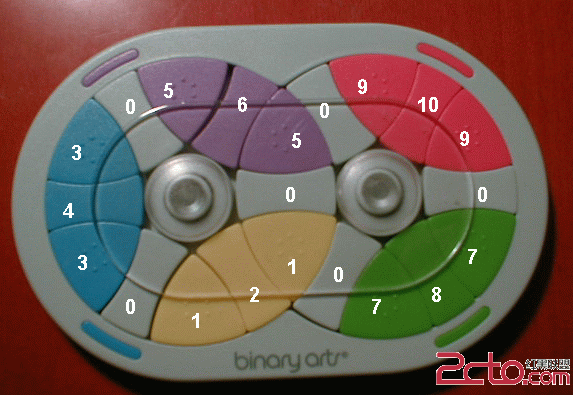调试程序
*****************************************1***************************************
#include <stdio.h>
#include <stdlib.h>
#include <signal.h>
#include <string.h>
void dump(int signo)
{
char buf[1024];
char cmd[1024];
FILE *fh;
snprintf(buf, sizeof(buf), "/proc/%d/cmdline", getpid());
if(!(fh = fopen(buf, "r")))
exit(0);
if(!fgets(buf, sizeof(buf), fh))
exit(0);
fclose(fh);
if(buf[strlen(buf) - 1] == '\n')
buf[strlen(buf) - 1] = '\0';
snprintf(cmd, sizeof(cmd), "gdb %s %d", buf, getpid());
system(cmd);
exit(0);
}
void
dummy_function (void)
{
unsigned char *ptr = 0x00;
*ptr = 0x00;
}
int
main (void)
{
signal(SIGSEGV, &dump);
dummy_function ();
return 0;
}
~
*****************************************2***********************
#include <execinfo.h>
#include <stdio.h>
#include <stdlib.h>
#include <signal.h>
/* A dummy function to make the backtrace more interesting. */
void
dummy_function (void)
{
unsigned char *ptr = 0x00;
*ptr = 0x00;
}
void dump(int signo)
{
void *array[10];
size_t size;
char **strings;
size_t i;
size = backtrace (array, 10);
strings = backtrace_symbols (array, size);
printf ("Obtained %zd stack frames.\n", size);
for (i = 0; i < size; i++)
printf ("%s\n", strings[i]);
free (strings);
exit(0);
}
int
main (void)
{
signal(SIGSEGV, &dump);
dummy_function ();
return 0;
}
作者“unsoundboy”
补充:软件开发 , C语言 ,




